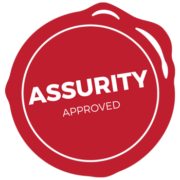
What is influenza?
Influenza, often called the flu, is an infection of the upper airway caused by an influenza virus.
Getting sick with influenza also puts you at risk of other infections. These include viral or bacterial pneumonia which affect the lungs. The risk of complications, which can be life-threatening, is greater for seniors 65 years and older, very young children, and people who have lung or heart diseases, certain chronic health conditions, or weakened immune systems.
Healthy pregnant women in the second half of their pregnancy are at greater risk of being hospitalized following infection with influenza virus.
In Canada, thousands of people are hospitalized and may die from influenza and its complications during years with widespread or epidemic influenza activity.
How can influenza be prevented?
You can reduce the risk of getting influenza or spreading it to others by:
- washing your hands regularly;
- promptly disposing of used tissues in the waste basket or garbage;
- coughing and sneezing into your shirt sleeve rather than your hands;
- staying home when you are ill; and
- getting an influenza vaccine.
Getting an influenza vaccine can help prevent you from getting sick with influenza and from spreading it to others.
How does influenza spread?
Influenza spreads easily from person to person through coughing, sneezing, or having face-to-face contact.
The virus can also spread when a person touches tiny droplets from a cough or a sneeze on another person or object and then touches their own eyes, mouth or nose before washing their hands.
An infected person can spread the influenza virus even before feeling sick. An adult can spread the virus from about 1 day before to 5 days after symptoms start. Young children may be able to spread the virus for a longer period of time.
What are the symptoms?
Influenza symptoms can include fever, headache, muscle pain, runny nose, sore throat, extreme tiredness, and cough. Children may also experience nausea, vomiting, or diarrhea. Although infections from other viruses may have similar symptoms, those due to the influenza virus tend to be worse.
Symptoms can begin about 1 to 4 days, or an average of 2 days, after a person is first exposed to the influenza virus. Fever and other symptoms can usually last up to 7 to 10 days, but the cough and weakness may last 1 to 2 weeks longer.
What is the home treatment?
If you get sick with influenza, home treatment can help ease symptoms. Follow the self-care advice below:
- Get plenty of rest.
- Drink extra fluids to replace those lost from fever.
- Avoid smoking and ask others not to smoke in the house.
- Breathe moist air from a hot shower or from a sink filled with hot water to help clear a stuffy nose.
- Anti-influenza drugs or antivirals are available by prescription, but these must be started within 48 hours of the start of your symptoms to work best. These will shorten symptoms by about 3 days if given within 12 hours and by about 1.5 days if given within 2 days of the start of symptoms.
- Non-prescription cough and cold medications are available for relief of influenza symptoms but these are not recommended for children less than 6 years of age.
*Ibuprofen should not be given to children under 6 months of age without first speaking to your health care provider.
When should I see a health care provider?
Consult your health care provider early if you develop flu-like symptoms and you have a condition that puts you at higher risk of complications. You should also call your health care provider if your symptoms get worse, such as shortness of breath or difficulty breathing, chest pain, or signs of dehydration (such as dizziness when standing or low urine output).
For more HealthLinkBC File topics, visit www.HealthLinkBC.ca/healthfiles or your local public health unit. For nonemergency health information and advice in B.C. visit www.HealthLinkBC.ca or call 8-1-1 (toll-free). For deaf and hearing-impaired assistance, call 7-1-1. Translation services are available in more than 130 languages on request.
PDF – Download: HealthLinkBC – Facts about Influenza (the Flu)



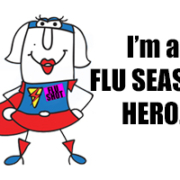

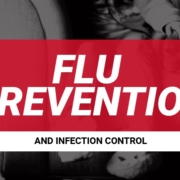
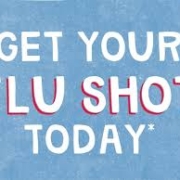
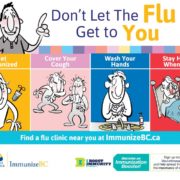
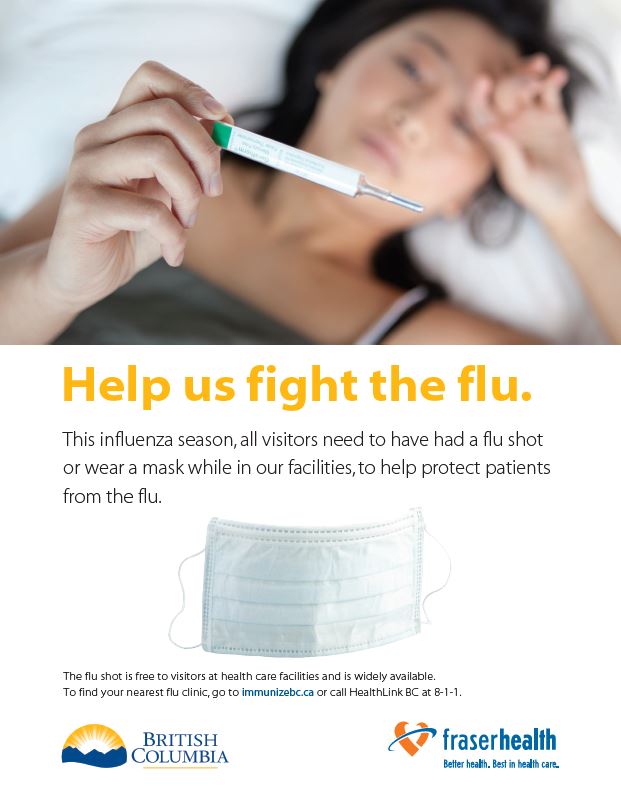
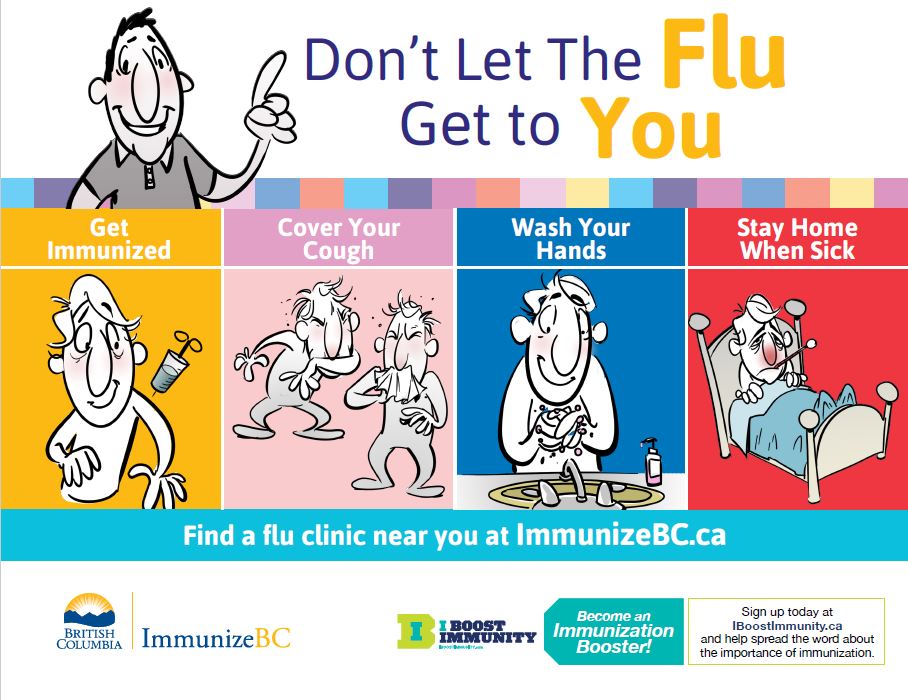
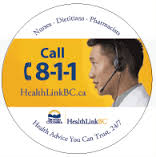


 Which one am I?
Which one am I?